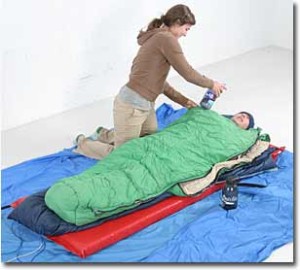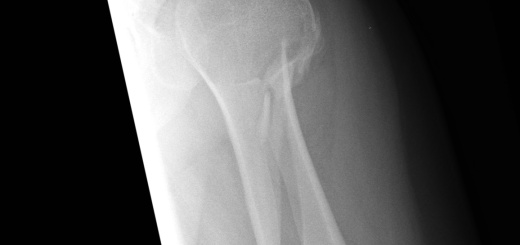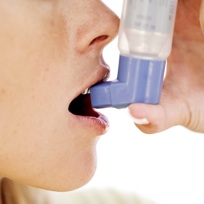Winter first aid: how to recognise and treat hypothermia

What causes hypothermia?
Hypothermia normally develops due to the environment being too cold. This could be due to being outside for long periods of time or being in cold water. Elderly and vulnerable people are also at risk of hypothermia in cold houses.
What are the signs and symptoms of hypothermia?
Hypothermia can cause the following signs and symptoms:
- Tiredness
- Shivering (in the early stages, shivering may stop when hypothermia becomes very serious)
- Cold, pale skin
- Reduced level of consciousness / drowsiness / confusion
- Loss of attention / judgement
What is the first aid treatment for hypothermia?
First aid for hypothermia involves two main goals:
1) Prevent any further heat loss (ie, stop the person getting any colder)
2) Gently warm the patient
To do this you can take steps such as:
- Remove the person from the cold environment
- Remove any wet clothing
- Use blankets, coats and clothing to wrap around the patient
- Share body heat
- Encourage the person to drink a warm drink and/or eat food high in energy
If you are at all concerned you should call for emergency help early. Do not give the person any alcohol to drink as this will cause blood vessels to dilate, causing them to lose more heat.
It is also important to ensure you don’t warm the person up too quickly – do not be tempted to place them in a hot bath!






This is some really useful advice, given the polar vortex that’s impacting the majority of the United States right now! Are there any recommended ways for best controlling the speed at which you warm someone up since you’re not supposed to do it too quickly? I’d also love to know what the best signs are that what you’re doing is effectively helping them. Obviously, I’d imagine, the potential victims body temperature would raise, and they’d regain their energy, but are there more subtle implications that what you’re doing is effectively helping them?
Great tips! Especially the one about not warming the person up too quickly. I had a friend whose dog died because of that. It was awful! Hypothermia is so dangerous, and this winter has been a rough one. Thanks for sharing this advice!
This is a very timely article because so much of the US is experiencing very cold weather right now (although it was worse a few weeks ago!) We have some bitter cold days coming up again within the next week and knowing first aid is very valuable.
I’m glad you added the warning about the alcohol… I suspect many people would think that’s a quick way to warm someone up… not realizing that would be a wrong answer.
Great tips! This will surely come in useful in the North of England during these winter months. I was under the impression Alcohol would not have been the worst idea so I am glad to have read this.
I agree that one shouldn’t warm up the individual too fast, seeing how the body wouldn’t be able to properly balance out that level of intake. The same idea can be applied to how swimming up to the surface too quickly can be bad because of things like osmotic pressure and such.
It’s surprisingly cold over here lately in Texas, and it has been shifting from hot and cold like crazy that I’m starting to become concerned if it would be safe to wear no jacket only to feel cold an hour or so later going out somewhere. I should be glad to be in a house where conditions are controlled, because I know a friend that has to use their ovens as their main source of heat at times in weather that’s in the negatives!